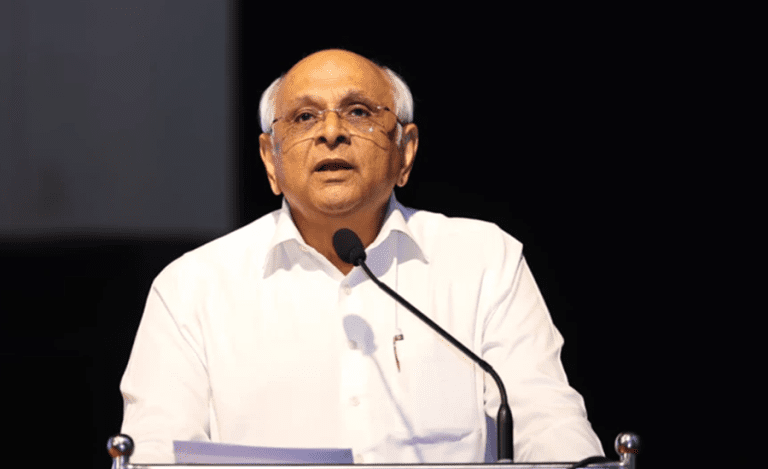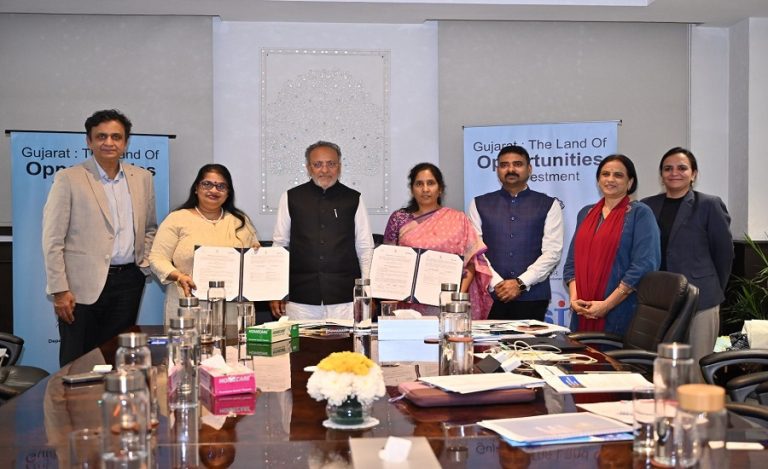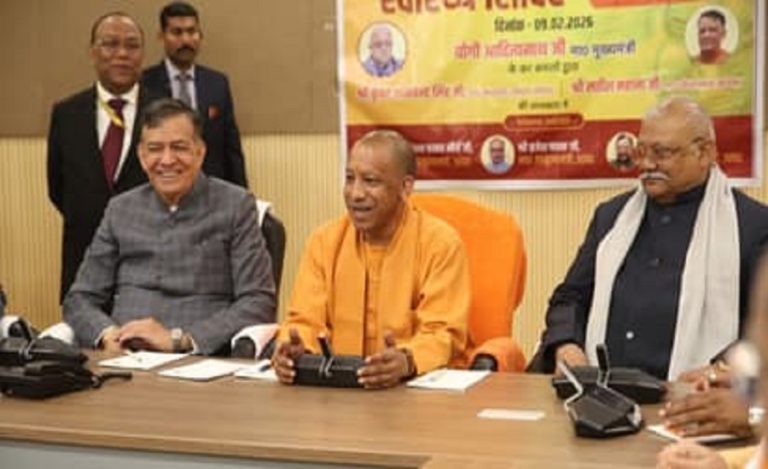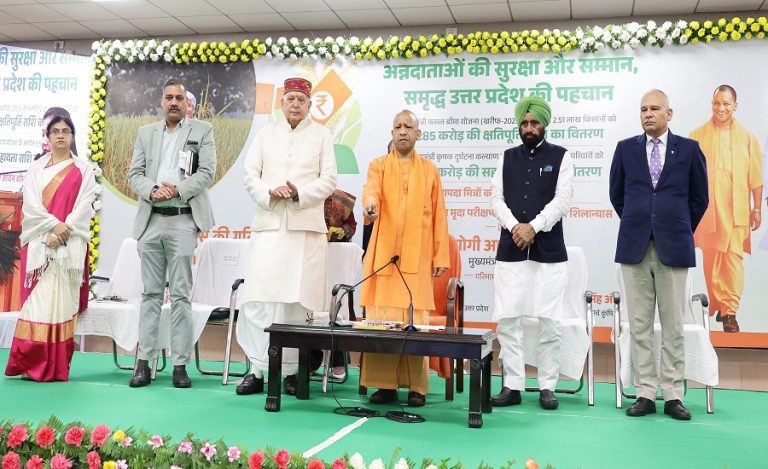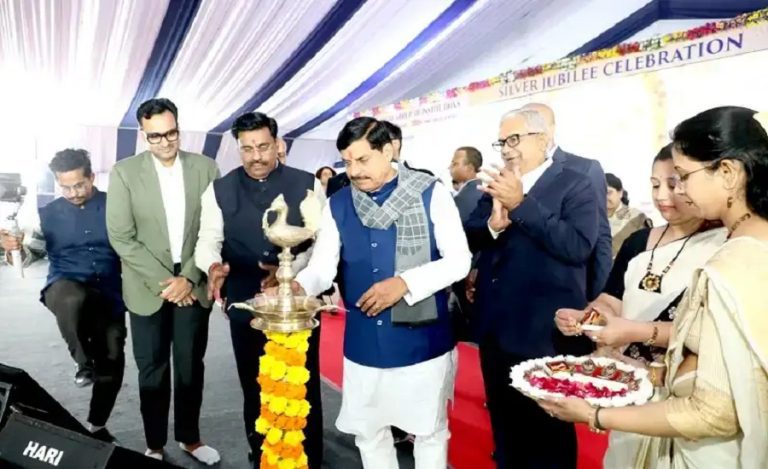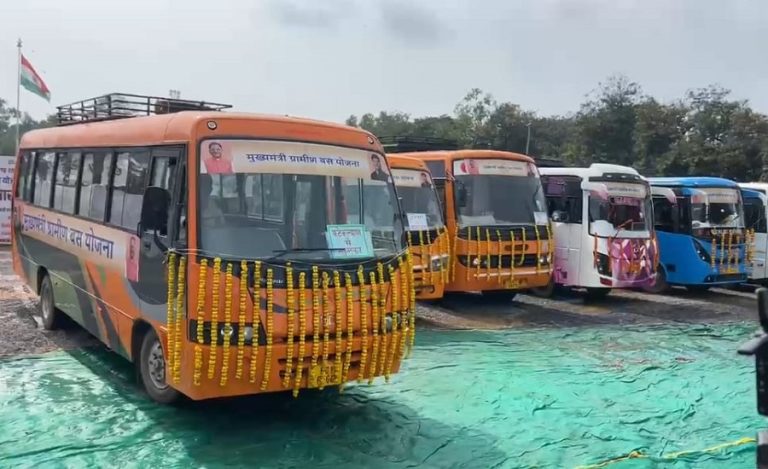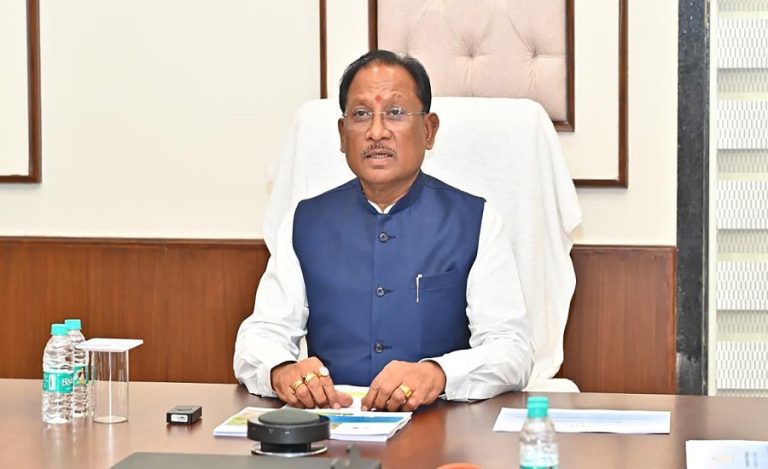Raipur: In a significant policy-focused Cabinet meeting held at the Civil Lines residence office of Chief Minister Vishnu Deo Sai, the Government of Chhattisgarh approved a wide array of decisions across education, renewable energy, wildlife conservation, horticulture, women empowerment, and public service reform. The Cabinet’s resolutions aim to bolster inclusive development, sustainability, and administrative efficiency across the state.
Educational Benefits Extended to Marginalized Communities
One of the most notable decisions was the extension of Scheduled Caste and Scheduled Tribe-equivalent educational benefits to communities historically excluded from these categories. Under the new provision:
- Dihari Korwa, Baghel Kshatriya, Sansari Oraon, and Pabia/Pavia/Paviya students will receive ST-equivalent scholarships and hostel facilities.
- Domra caste students will receive benefits on par with Scheduled Castes.
- These students will now be eligible for stipends, scholarships, hostel, and ashram admissions within existing seat limits.
This initiative is a major step towards educational equity for underrepresented communities.
Boost to Rooftop Solar: State Co-funding under PM Surya Ghar Scheme
In alignment with national sustainability goals, the Cabinet approved financial assistance for rooftop solar installations under the PM Surya Ghar: Muft Bijli Yojana. Through CSPDCL (Chhattisgarh State Power Distribution Company Limited), beneficiaries will receive:
- ₹45,000 for 1kW systems (₹30,000 from Centre + ₹15,000 from State)
- ₹1,08,000 for 3kW and above (₹78,000 Centre + ₹30,000 State)
Key targets include–
- 60,000 systems to be installed in 2025–26 (₹180 crore)
- 70,000 systems in 2026–27 (₹210 crore)
The priority window opens for consumers with grid synchronization post-April 1, 2025, and CSPDCL will handle the subsidy through a dedicated account.
Chhattisgarh Tiger Foundation Society Formed for Wildlife Conservation
In a landmark ecological move, the state will establish the Chhattisgarh Tiger Foundation Society under the Wildlife Protection Act, 1972. It will be-
- Self-financed
- Modeled on Madhya Pradesh’s tiger foundation
- Focused on protecting the dwindling tiger population (currently 18–20 tigers)
The society will encourage eco-tourism, community involvement, education, and research, providing both conservation benefits and employment.
VISHWAS Institution Merged with Ramkrishna Mission Ashram
The Cabinet approved the merger of Vivekananda Institute of Social Health, Welfare and Services (VISHWAS) with its parent organization Ramkrishna Mission Ashram Narayanpur. This streamlines governance and operations within this grant-in-aid educational body.
New Horticulture College in Bemetara to Foster Agri-Education
To advance agricultural education, the government has transferred 100 acres of government land (part of 94.29 hectares) in Belgaon, Saja Tehsil (Bemetara) to the Horticulture Department. A new Horticulture College will be established under the Horticulture University, fostering agri-tech learning and skill development.
‘JashPure’ Brand Ownership Transferred to State for Market Expansion
In support of tribal women entrepreneurs, the Cabinet approved the ownership transfer of the ‘JashPure’ brand to the Chhattisgarh Government or CSIDC. The brand, known for products like herbal tea and mahua tea, is managed by women’s self-help groups in Jashpur district.
This move aims to-
- Enhance market access
- Promote agro and food processing industries
- Create rural employment opportunities
Compassionate Appointments Now Open Across Departments for Martyred Police Families
Recognizing the ultimate sacrifice of police personnel, Clause 13(3) of the Unified Revised Guidelines–2013 has been amended. Now:
- Any eligible family member of a police officer martyred in Naxalite violence can seek compassionate appointment in any department or district, not just the deceased’s office.
This offers more flexibility and opportunities to the bereaved families.
State Mineral Exploration Trust (SMET) Approved for Minor Minerals
To improve exploration and mining infrastructure, the Cabinet approved a draft notification for the creation of State Mineral Exploration Trust (SMET). Key features include:
- Funded by 2% royalty from minor minerals
- Support for advanced exploration, infrastructure, data systems, and human resource development
This initiative echoes the National Mineral Exploration Trust model and seeks to professionalize and modernize the state’s mining sector.


